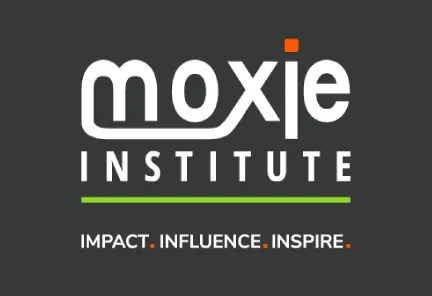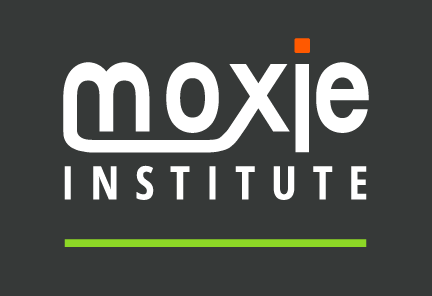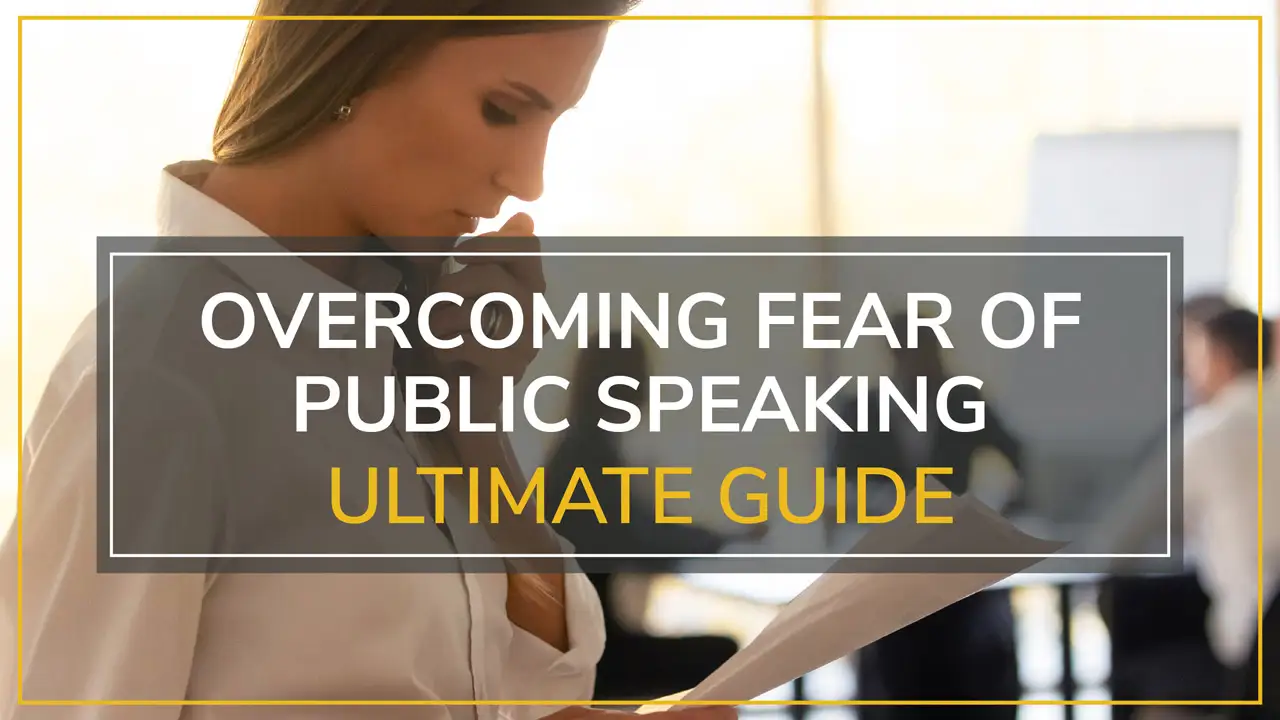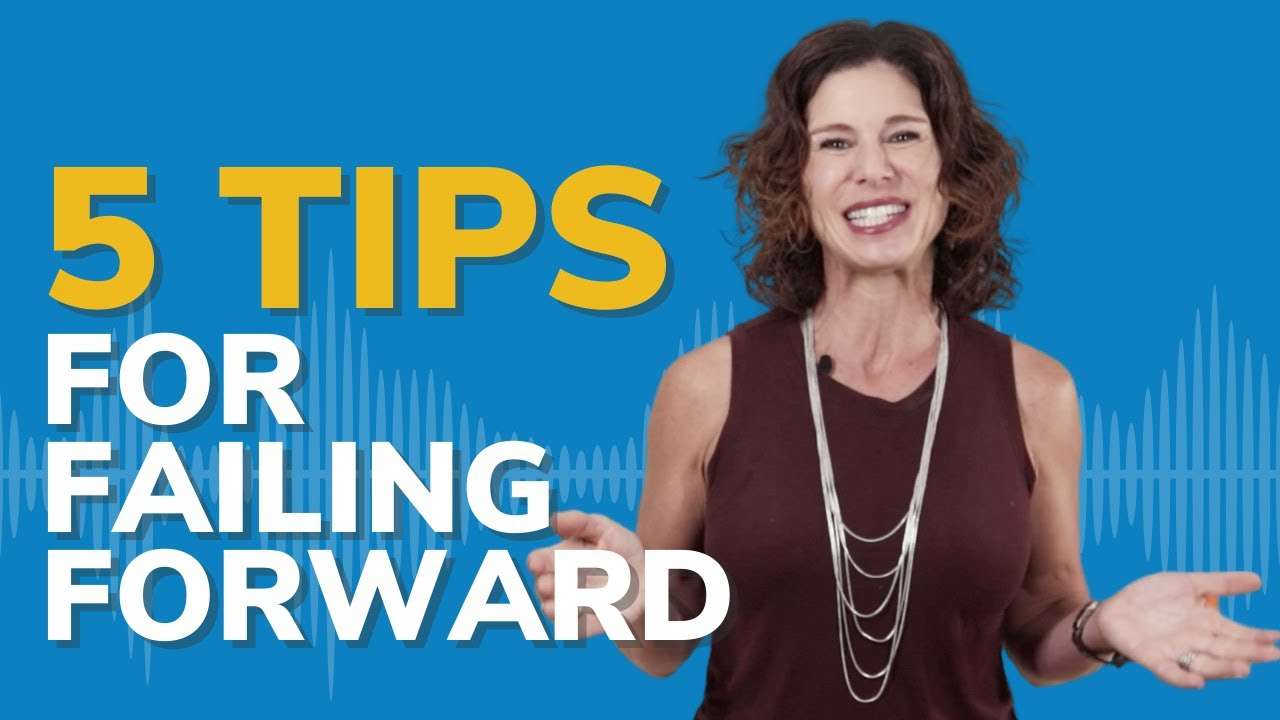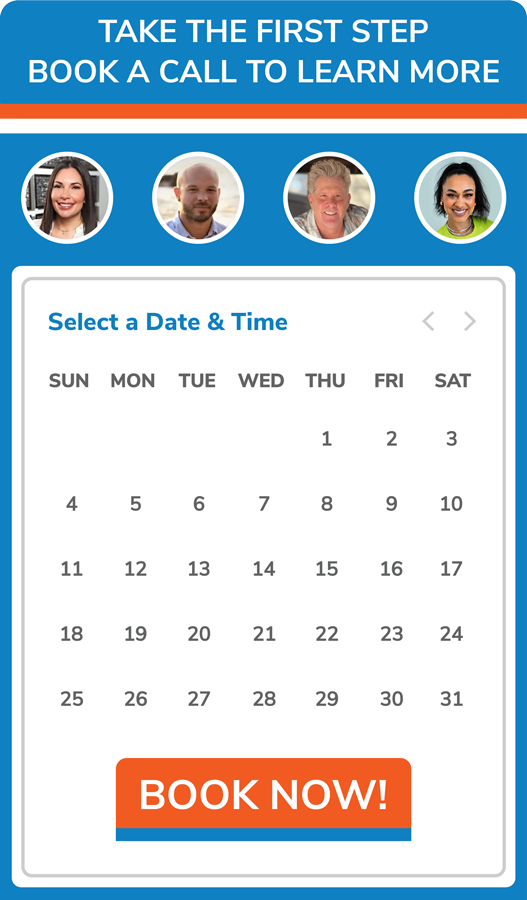Silent gratitude isn’t much use to anyone.
G.B. Stern
GRATITUDE” MAY FEEL LIKE AN OVERUSED WORD AT THIS TIME OF YEAR, BUT IT CAN ALSO BE A VERY PRACTICAL TOOL TO ELEVATE YOUR PUBLIC SPEAKING TRAINING.
As we ease into this season of gentleness, it may feel surprising how this time of year can settle right into our hearts. Feelings become more palpable as we gather with loved ones and we pause for a moment to enjoy the relationships we hold most dear. Instead of letting the emotions choke you up, why not let the words flow?
You can use your unique expression of gratitude to connect with your audience, gain empathy, and truly inspire others. All you have to do is find that place in the core of you that whispers the message you must share with the world.
We’ve heartstormed six practical tips to help you tap into the spirit of gratitude to upgrade your next speech:
1. SAY “THANK YOU.”
It may seem obvious to thank people in your speech, but in the moments where adrenaline rushes and you step forward on the stage, it’s likely that you’ll forget a thing or two. This is why it’s important to plan who you want and need to thank as a part of your speech, whether you mean to deliver it publicly as part of the speech or quietly afterwards. Write it down. Make it a part of your outline or checklist. Keep in mind that a simple moment of gratitude goes a long way.
Appreciation can make a day, even change a life. Your willingness to put it into words is all that is necessary.
Margaret Cousins
2. BE GRATEFUL FOR WHO YOU ARE.
In our fast-paced, hyper connected society, we can be extremely critical of ourselves – always editing, adjusting, comparing, gauging how we are being received by others.
What if I told you that you represent a story in motion, a unique expression of truth, that you carry a message only you can deliver?
What if you expressed your gratitude? What if you allowed it to flow – emotion catching in your throat, heart fluttering with the butterflies of vulnerability, authenticity pouring forth unabashedly with the truth of who you are?
Believe it or not, this is exactly the kind of moment that immediately connects you with your audience. When you allow them a secret glimpse into what moves you, especially if you share a story, you have immediate empathy from the group, making your speech more memorable.
3. BE GRATEFUL FOR YOUR EMOTIONS.
We like to call this “heartstorming,” or brainstorming for the emotions. Dig deep into the fat, steaming cauldron of emotions that you’ve considered for this talk…especially the stuff that makes your belly stir.
That’s the good stuff. That’s what needs to be shared, needs to be heard, and will make the strongest impact on connecting with your audience.
You can read more on how to add soul using your emotions in 3 Proven Tips for Memorable Talks.
“What we do for ourselves dies with us. What we do for others and the world remains and is immortal.”
-Albert Pine
4. BE GRATEFUL FOR ALL YOUR LIFE EXPERIENCES.
Similarly, telling your story can also level up your speech. Who doesn’t love a story? Not only can drawing on vignettes from own life help your audience connect with and learn from you, it may even help you find humor in situations, simultaneously helping you move forward with a more positive attitude.
All of your experiences in life have tremendous value, including…
5. BE GRATEFUL FOR THE BAD SPEECHES.
As difficult as it may be to give thanks after delivering a less than stellar speech, it’s important to view every single presentation – good, bad, ugly, embarrassing, even weird – as a learning experience.
In fact, you can learn more from studying your own mistakes – the words you use while pausing (like “um,”) the strange way you pointed at an audience member by mistake, the time you stood still in one spot – all of this can be used as data points so you know exactly what to improve for next time.
And, according to Brother David Steindl-Rast, a monk and interfaith scholar,
“When we fail…
We get another opportunity.
We always get another opportunity.”
Now that’s something to be thankful for.
6. BE GRATEFUL WHEN IT’S OVER.
In the case of the speech above, this may be easier. But it’s important to let go, move forward and grow, even after your most impressive presentations. As a matter of fact, our public speaker training teaches that you should never give the same speech twice.
By this, I mean that every situation where you deliver your speech, no matter how appropriate and well received in one venue or event, will need to change based on your new audience.
Even subtle nuances in different situations can affect what connects you versus what alienates your listeners. Each audience is different, therefore, each speech must vary -at least slightly. Do your research on your audience beforehand and pay attention to their reactions as you deliver your speech. One speech does not fit all.
I hope you will try some of these techniques in your next speech.
And, if simply embracing feelings of gratitude can improve your presentations, imagine what it could do for your life.
“WE CAN NOT ONLY HAVE GRATEFUL EXPERIENCES, WE CAN BE PEOPLE WHO LIVE GRATEFULLY.”
Brother David Steindl-Rast states this beautifully in his TED talk titled, “Want to be Happy? Be Grateful.”
TAKE THE FIRST STEP TO MASTER POWERFUL NEW SKILLS
Schedule an easy 30-minute call using our calendar. We’re here to help!
